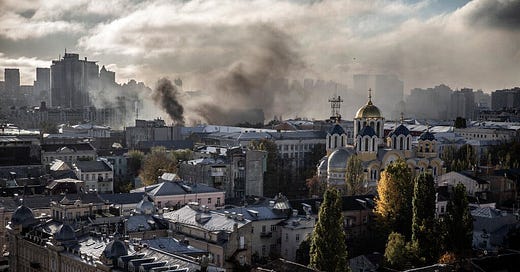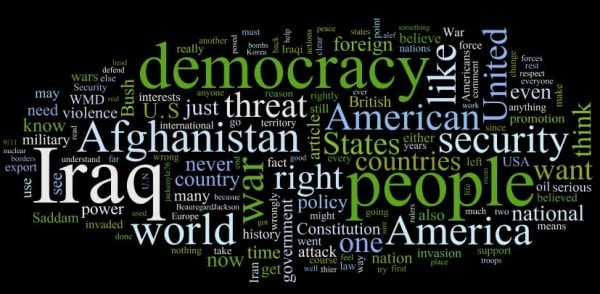Introduction
In the complex theatre of global diplomacy, American foreign policy often appears contradictory, leaving many observers confused and questioning the underlying logic. This contradiction has become particularly evident in recent weeks, as American politicians simultaneously call for an end to the war in Ukraine while apparently giving Israel the green light for potentially escalatory actions if hostages aren't returned by a specific deadline.
A Graduated Scale of Global Concern
The inconsistency in American foreign policy reveals a troubling hierarchy in how the world values human suffering. When Ukrainian civilians face bombardment, the response has been swift condemnation and widespread calls for justice. Similar attacks in Gaza have been met with a more muted international response. Meanwhile, devastating conflicts in places like Sudan and the Democratic Republic of Congo (DRC) barely register in Western media and policy discussions, despite their staggering human costs.
The ongoing conflict in Sudan has claimed hundreds of thousands of lives and displaced millions, while violence in the DRC has created one of the world's most persistent humanitarian catastrophes with over 5 million deaths since the late 1990s. Yet these African conflicts remain largely invisible in global discourse, relegated to occasional humanitarian appeals rather than urgent geopolitical priorities warranting substantive intervention.
The Invisibility of African Suffering
This hierarchy of attention isn't accidental. African conflicts in Sudan and the DRC, despite their immense human toll, rarely command sustained media coverage, diplomatic urgency, or policy focus from Western powers. The deaths of civilians in these regions are treated as background noise in global affairs, tragic but somehow disconnected from the moral imperative that drives policy responses elsewhere.
The near-invisibility of these conflicts in Western policy discussions raises profound questions about how race, geography, and perceived strategic importance determine which humanitarian crises merit urgent action and which can be safely ignored.
Strategic Interests vs Universal Human Rights
America's selective engagement across these conflicts reflects a troubling reality: humanitarian concern is rarely the primary driver of foreign policy. Instead, perceived strategic interests shape where attention and resources are directed:
Ukraine represents a critical geopolitical front against Russian expansion
Israel remains a key regional ally in the Middle East
Conflicts in Sudan and the DRC, despite their human toll, are viewed as peripheral to core American interests
This tiered approach to human suffering undermines claims of universal humanitarian values in Western foreign policy. It suggests that geographic, cultural, and racial proximity, combined with strategic utility, heavily influence which humanitarian crises generate sustained moral outrage and which become normalised or ignored entirely.
Media Complicity in Selective Attention
Western media plays a critical role in reinforcing this hierarchy. Coverage of Ukraine features personalised stories and in-depth analysis, while Gaza receives cyclical attention that wanes despite ongoing suffering. Meanwhile, conflicts in Sudan and the DRC are relegated to occasional brief reports, despite casualty figures that dwarf many higher-profile conflicts.
Toward Consistent Moral Standards
A truly principled approach to foreign policy would demand consistent application of moral outrage and concrete action when civilians suffer, regardless of nationality, strategic importance, or geographical location. The uncomfortable truth is that our collective moral response to human suffering is heavily influenced by racial, cultural, and strategic considerations that create a clear hierarchy of whose lives matter most in international relations.
The challenge for citizens and policymakers alike is to recognise these biases while demanding approaches that value human life consistently across conflicts in Ukraine, Gaza, Sudan, the DRC, and beyond. Only by acknowledging this uncomfortable reality can we begin to build foreign policies truly rooted in universal human dignity rather than selective strategic concern.
Is such a world possible? The short answer is - no, not under present geopolitical arrangements because strategic interests will invariably eclipse universal principles. Yet acknowledging this reality is the first step toward change. The only way to effect change in this domain is through persistent advocacy, and a reimagining of global power dynamics. Until then, the responsibility rests with progressive individuals and institutions alike to keep questioning, challenging, and working towards a world where all lives are equally valued. The alternative is a series of forever wars that will ultimately end human life as we know it.







